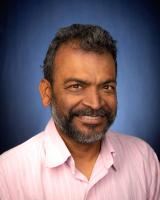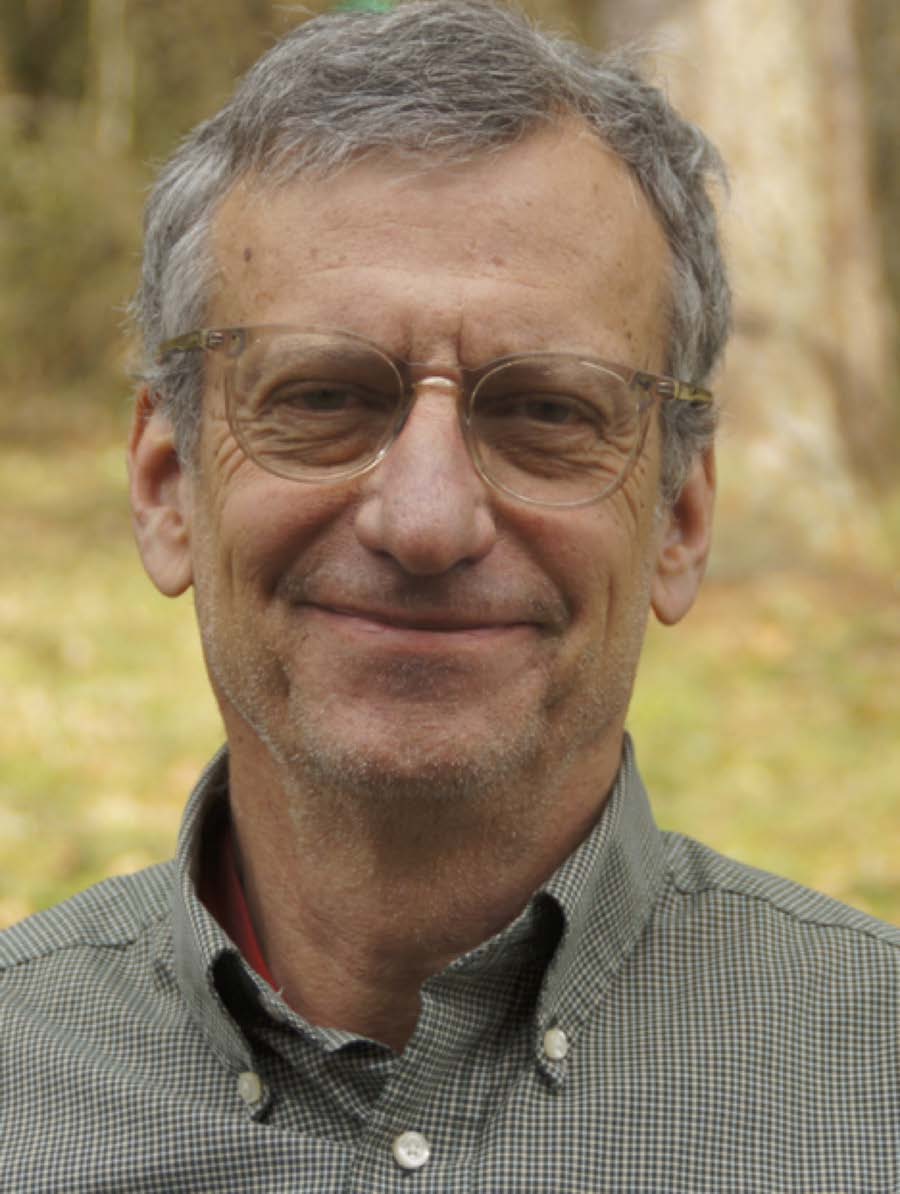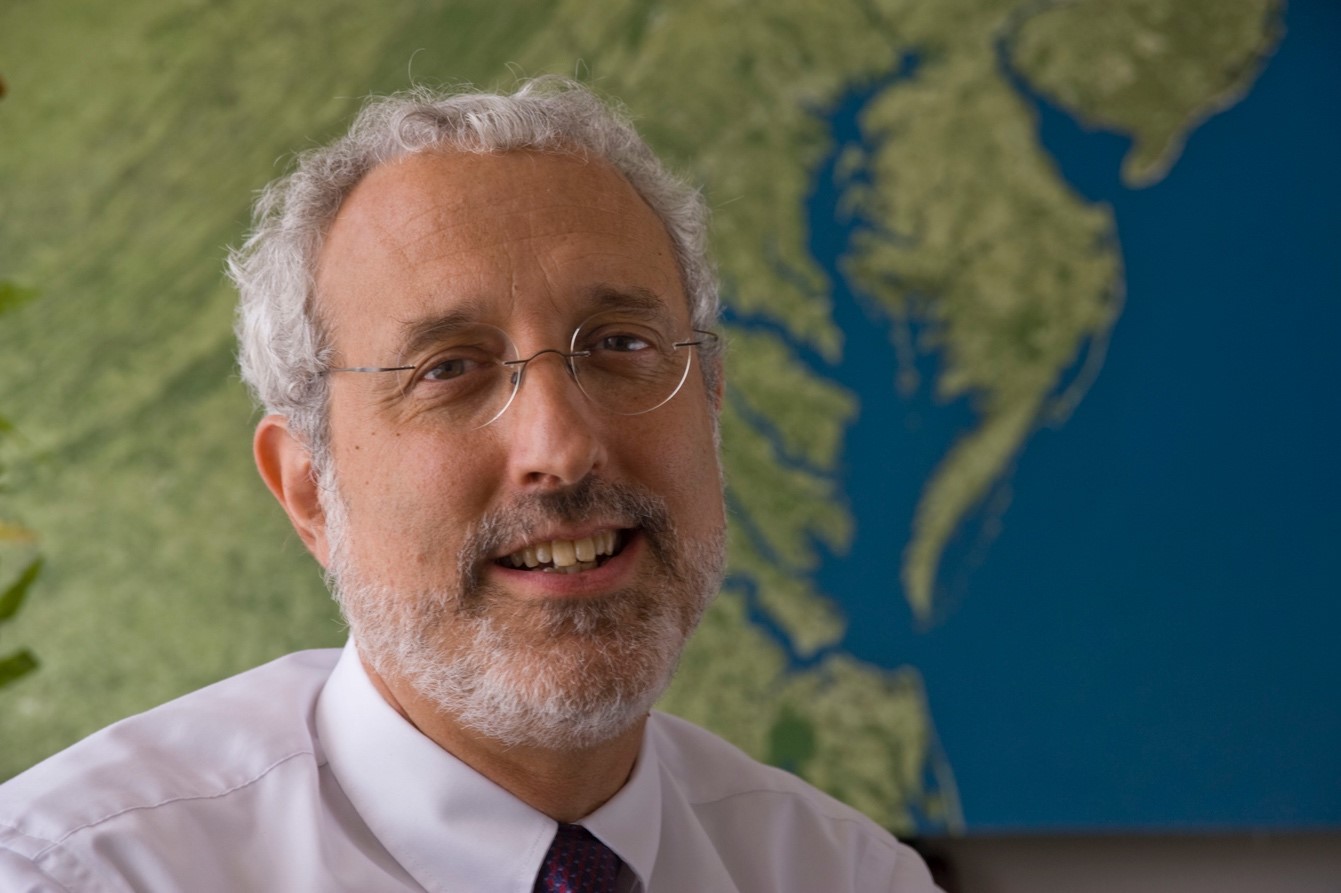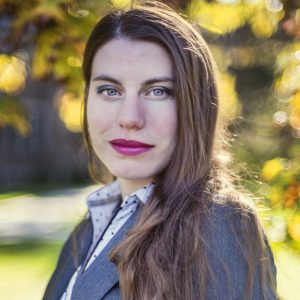|
The Changing Scale and Scope of Collaboration: Implications for Team Science
This panel will address various ways in which team science is changing, including size, disciplinary and crossdisciplinary complexity, and geographical distribution (e.g., national, international).

Dr. Arun Agrawal
University of Michigan
|
Arun Agrawal, PhD, emphasizes the politics of international development, institutional change, and environmental conservation in his research and teaching. He has written critically on indigenous knowledge, community-based conservation, common property, population resources, and environmental identities. Agrawal is the coordinator for the International Forestry Resources and Institutions network and is currently carrying out research in central and east Africa as well as South Asia. Since 2013, Agrawal has served as the editor-in-chief of World Development and his recent work has appeared in Science, PNAS, Conservation Biology, Development and Change, among other journals. Preceding his work at U-M, Agrawal was educated at Duke University, the Indian Institute of Management, and Delhi University and has held teaching and research positions at Yale, Florida, McGill, Berkeley, and Harvard among other universities. |

Dr. Sandford Eigenbrode
University of Idaho
|
Sanford D. Eigenbrode is Professor of Entomology and University Distinguished Professor at the University of Idaho in the department of Entomology, Plant Pathology and Nematology. He received his MS in Natural Resources (1986) and his PhD Entomology (1990) from Cornell University. Sanford conducts research on insect ecology and insect-plant interactions in agroecosystems. An emphasis has been the chemical ecology, landscape ecology and management of insect-vectored viruses of wheat, potatoes and legumes in the Pacific Northwest. The broader context of his entomological research has led to interdisciplinary projects addressing the sustainability of agricultural systems. He was a co-PI on two NSF-IGERT projects on the ecological and social resilience in changing landscapes, and project director for a $20M NIFA-funded Coordinated Agricultural Project (CAP), Regional Approaches to Climate Change in Pacific Northwest Agriculture. He is a PI on a continuation NIFA CAP, Pacific Northwest Wheat-Based Systems: Landscapes in Transition. |
Dr. Julue Thompson Klein
Wayne State University
|
Julie Thompson Klein, Ph.D., is Professor of Humanities Emerita in the English Department at Wayne State University and an Affiliate of the TdLab (Transdisciplinarity Lab) at the ETH-Zurich university for science and technology in Switzerland. She has also been a Mellon Fellow and a Visiting Professor in Digital Humanities at the University of Michigan. Klein is past president of the Association for Interdisciplinary Studies (AIS) and former editor of the AIS journal Issues in Interdisciplinary Studies. Her books include Interdisciplinarity (l990), Interdisciplinary Studies Today (co-edited 1994), Crossing Boundaries (1996), Transdisciplinarity (co-edited 2001), Interdisciplinary Education in K-12 and College (edited 2002),Mapping Interdisciplinary Studies (1999), Humanities, Culture, and Interdisciplinarity (2005), Creating Interdisciplinary Campus Cultures (2010), and Interdisciplining Digital Humanities (2015). She was also Associate Editor of The Oxford Handbook on Interdisciplinarity (2010, 2017).
|

Dr. Jonathan Kramer
National Socio-Environmental Synthesis Center (SESYNC)
|
Jonathan Kramer is the Director for Interdisciplinary Science at the National Socio-Environmental Synthesis Center, University of Maryland (SESYNC). He focuses on the design of programs and the use of facilitation to advance synthesis-based research that can inform problem solving around socio-environmental issues. His work includes the development and use of effective practices that help interdisciplinary teams of scientists and others work effectively together. Jon has co-led the development and implementation of the SESYNC Graduate Research Fellows Program, a unique research and training experience that has engaged over 300 doctoral students over the past 5 years. His interests also include understanding and improving approaches that link science to decision-making in the environmental arena and he is engaged in efforts that foster organizational development, strategic planning and management to strengthen science-based organizations. Jon received a BS at the University of Massachusetts, MS at SUNY Stony Brook and Ph.D. at the University of Maryland.
|

Dr. Stephanie E. Vasko
Michigan State University
|
Dr. Stephanie E. Vasko is managing director for the MSU Center for Interdisciplinarity and co-chair of the 2019 SciTS Program Committee. She builds community and collaborative capacity among academic and blended academic/community research teams, develops and delivers philosophically-informed team based workshops as part of the Toolbox Dialogue Initiative, and researches the application of machine learning to team science and to agricultural diseases. She currently serves on the Mayors Arts and Culture Council in Lansing, MI and was former AAAS Community Engagement Fellow. Dr. Vasko is also a practicing artist who works with clay and iron, takes inspiration from dynamic natural forms, a
|
|





